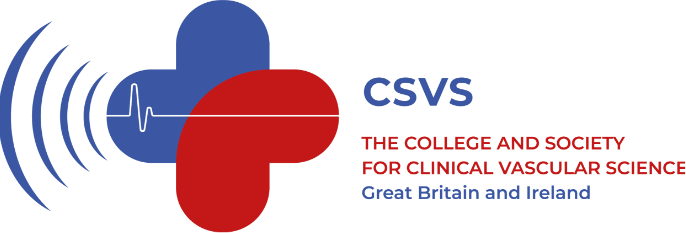Advice for Trainers and Trainees
Training plans and learning agreements
It is good practice for all trainees to have a set training plan and/or learning agreement when they begin their role. These documents are a great way to ensure trainees get the most out of your training within your department and so trainees know what is expected of them whilst they work within the department. A training plan could include objectives, resources required including training materials and equipment, methods of training, roles and responsibilities, curriculum and schedules.
Mentors/buddies
Mentors or buddies are people within the department who are usually not directly supervising or providing training. They are there to support the trainee in a more informal capacity, to provide advice and insight when they are unsure and promote good working practices.
It can be a good idea to try to buddy a new starter with someone who has recently finished their AVS training or those who are near completion as they may be best placed to offer help or reassurance with their training.
Learning outside the department
It is important as a trainee to have a broad understanding of the context of our role in the patient journey and in the wider healthcare system. Training departments should encourage the student to undertake as many relevant learning experiences as possible especially during their initial training.
Examples of good learning experiences for trainees could include:
- Observing relevant theatre cases
- Observe angiography/day case procedures
- Attend ward rounds
- Sit in with consultant clinics
- Attend MDT meetings
- Observing in general ultrasound/radiology/echo
- Attending a podiatry/diabetic foot clinic
It is a good idea for trainees to be asked to reflect on their experience. This could be by a presentation back at the host department (this is also great opportunity to practice your presentation skills)
Feedback
Feedback is important from both the trainee themselves and the training department. This is often done formally through the appraisal process; however this is often infrequent and will miss if there are any short terms issues arising in the training experience.
Trainees should receive regular feedback meetings with their training supervisors/departmental leads. This allows the trainee to reflect on their training so far and set future objectives and learning outcomes.
It can be helpful to use tools such as a 360 Appraisal which allows trainees to get anonymous feedback from various different sources which some trusts offer free access to.
Physical health
There is a high incidence of musculoskeletal injury and repetitive strain in healthcare professionals, especially those performing ultrasound. The CSVS recommends you spend 20% of contracted hours away from scanning activities, aim to perform mixed scanning lists and have an ergonomic /risk assessment of working environment carried out.
When you are training scans often can take longer to perform which means extended exposure to this risk. Make sure you discuss how to minimise this with your supervisor. Consider ambidextrous scanning (especially early on in your training) which can be beneficial over the lifespan of your career. Taking care of your eyes is also important ensure you take regular breaks away from the screen.
Many members also find it beneficial to take part in regular exercise (such as tai chi, walking, yoga, Pilates etc.) which many trusts offer for free through staff wellbeing programs.
If you are suffering from an injury/strain most trusts offer a physiotherapy self-referral system for staff which you can often access immediately or alternatively contact your GP.
Mental health
Starting as a trainee in a department can often be a stressful experience. You often find yourself in an unfamiliar environment being expected to learn lots of new skills and quickly adapt into working in a multidisciplinary team. You can often feel overwhelmed and have huge demands on your time including revision, exams, projects and course work to complete. Make sure you take regular breaks from work and talk to your line manager if you are having difficulties.
Working in healthcare also means you are often exposed to very difficult and emotive situations which can cause stress and anxiety. If you have a buddy/mentor it is a good idea to talk to them about your experiences or speak to a trusted member of the department.
Many employers have counselling services that are free to access which are usually provided by occupational health departments. Your own GP can also provide you with help or signpost you to local mental health services.
There are also some links to help and advice at the bottom of this page.
Good links/information
www.HealthySonographer.com - Resources for healthy scanning
www.nhs.uk/better-health/ - Advice on healthy changes from the NHS
www.mind.org.uk - Mental health information and support
